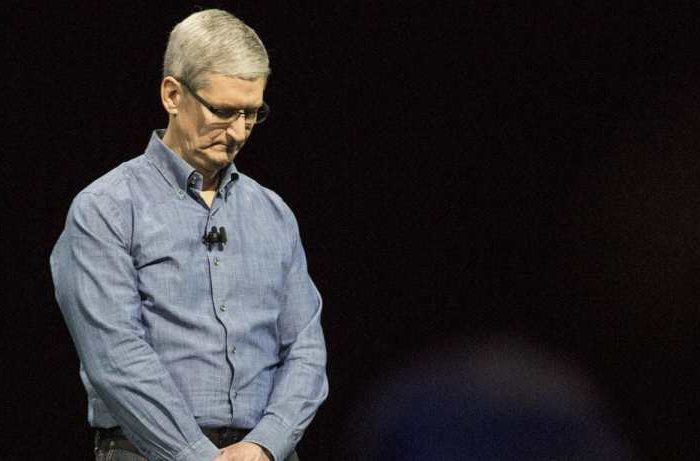‘Wearing mask outside health care facilities offers little, if any, protection from coronavirus infection,’ New England Journal of Medicine study shows

According to a study published in New England Journal of Medicine, “wearing a mask outside health care facilities offers little, if any, protection from coronanvirus infection.” So, the question is, why are we wearing face mask if it offers little protection from infection?
The study, which assesses the true value of mask anxiety alleviation, suggests that the real reason people wear mask is because wearing masks is a visible reminder of an otherwise invisible yet widely prevalent pathogen and may remind people of the importance of social distancing and other infection-control measures.
The authors of the study found that wearing mask alone will not protect providers caring for a patient with active Covid-19 if it’s not accompanied by meticulous hand hygiene, eye protection, gloves, and a gown.
What is clear, however, is that universal masking alone is not a panacea. A mask will not protect providers caring for a patient with active Covid-19 if it’s not accompanied by meticulous hand hygiene, eye protection, gloves, and a gown.
The article later gave two scenarios in which there may be possible benefits.
The first is during the care of a patient with unrecognized Covid-19. A mask alone in this setting will reduce risk only slightly, however, since it does not provide protection from droplets that may enter the eyes or from fomites on the patient or in the environment that providers may pick up on their hands and carry to their mucous membranes (particularly given the concern that mask wearers may have an increased tendency to touch their faces).
The authors stated that masks still provides some benefits if used within the hospital settings. However, the authors argued that the extent of marginal benefit of universal masking over and above these foundational measures is debatable.
The calculus may be different, however, in health care settings. First and foremost, a mask is a core component of the personal protective equipment (PPE) clinicians need when caring for symptomatic patients with respiratory viral infections, in conjunction with gown, gloves, and eye protection. Masking in this context is already part of routine operations for most hospitals. What is less clear is whether a mask offers any further protection in health care settings in which the wearer has no direct interactions with symptomatic patients.
The study concludes with some symbolic benefits of masks as one of the ways to deal with fear and anxiety, especially during times of crisis. The authors also argued people are better served with data and education than with a marginally beneficial mask, particularly in light of the worldwide mask shortage.
It is also clear that masks serve symbolic roles. Masks are not only tools, they are also talismans that may help increase health care workers’ perceived sense of safety, well-being, and trust in their hospitals. Although such reactions may not be strictly logical, we are all subject to fear and anxiety, especially during times of crisis. One might argue that fear and anxiety are better countered with data and education than with a marginally beneficial mask, particularly in light of the worldwide mask shortage, but it is difficult to get clinicians to hear this message in the heat of the current crisis. Expanded masking protocols’ greatest contribution may be to reduce the transmission of anxiety, over and above whatever role they may play in reducing transmission of Covid-19. The potential value of universal masking in giving health care workers the confidence to absorb and implement the more foundational infection-prevention practices described above may be its greatest contribution.

